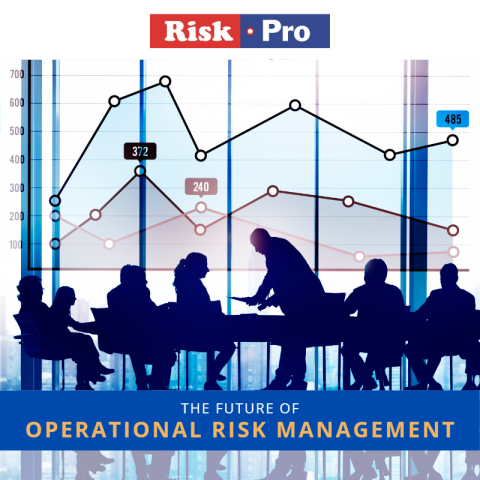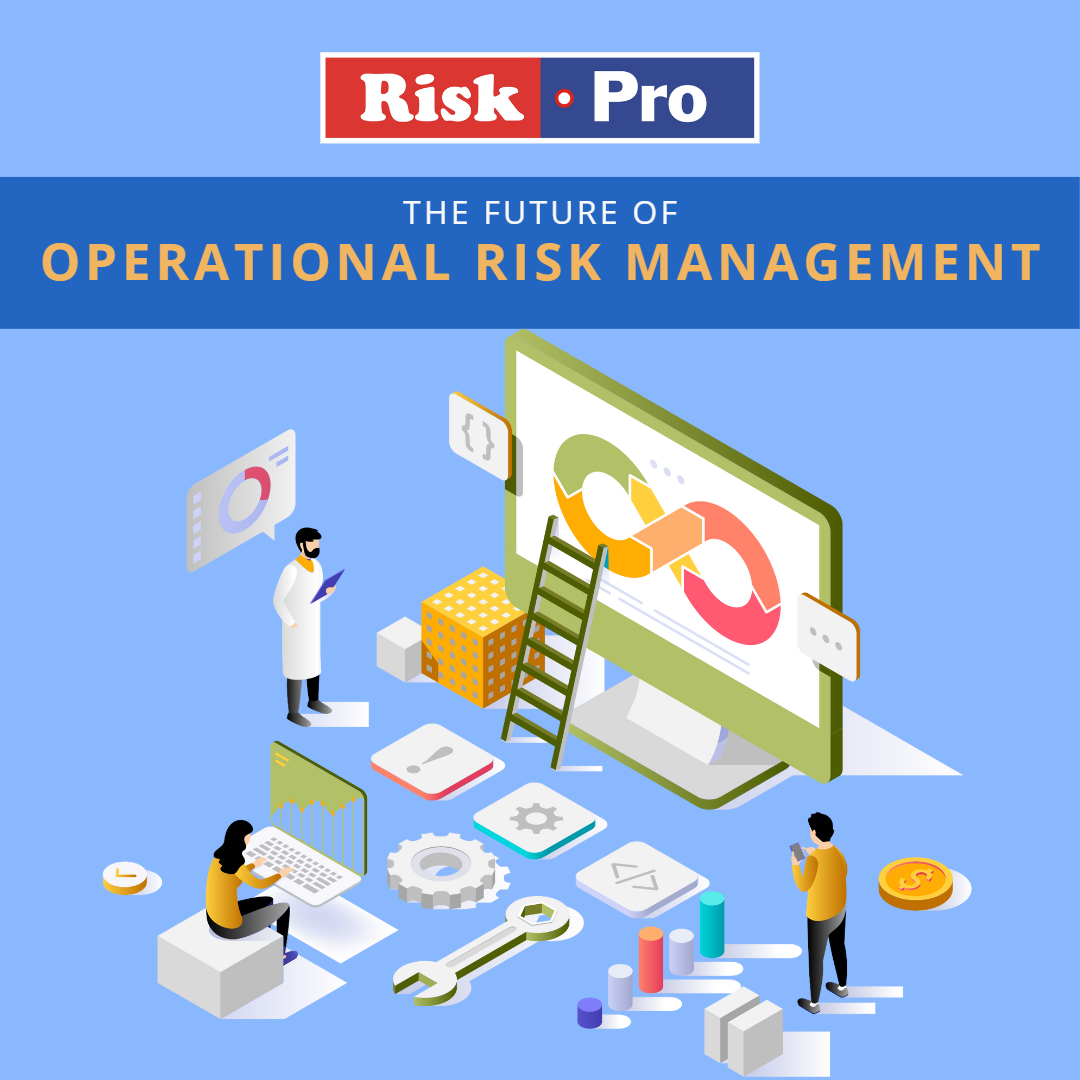
Introduction to Operational Risk Management
Operational risk management (ORM) is the process of identifying, assessing, and managing risks associated with the day-to-day operations of a business. Operational risks are the risks associated with people, processes, systems, and external events that can impact a business.
ORM helps organizations to identify potential operational risks and develop strategies to mitigate or manage these risks. The process typically involves identifying potential risks, assessing the likelihood and impact of those risks, and developing strategies to manage those risks.
ORM can help organizations to reduce the likelihood of operational failures, reduce financial and reputational risks, and improve overall efficiency and effectiveness. By taking a proactive approach to managing operational risks, organizations can identify potential issues before they occur and develop strategies to prevent or minimize the impact of these issues.
ORM is an essential process for organizations looking to improve their risk management practices. By identifying potential operational risks and developing strategies to mitigate these risks, organizations can improve their overall efficiency and reduce the likelihood of operational failures.

-
Benefits of Operational Risk Management
Operational risk management (ORM) provides several benefits to organizations that can help to improve their overall operations and reduce risk. Here are some of the key benefits of ORM:
-
Improved risk management:
ORM provides a structured approach to identifying and managing operational risks, which can help organizations to reduce the likelihood of operational failures and mitigate the impact of these failures.
-
Reduced financial and reputational risks:
ORM can help organizations to reduce financial and reputational risks associated with operational failures, which can improve stakeholder confidence and support overall business objectives.
-
Improved efficiency:
ORM can help organizations to identify areas of inefficiency and develop strategies to improve overall efficiency and effectiveness.
-
Compliance with laws and regulations:
ORM can help organizations to ensure compliance with laws and regulations related to operational risks, which can reduce legal and financial risks.
In conclusion, operational risk management provides several benefits to organizations, including improved risk management, reduced financial and reputational risks, improved efficiency, and compliance with laws and regulations. By implementing ORM, organizations can take a proactive approach to manage operational risks and improve their overall efficiency and effectiveness. To know more about our Internal Financial Control advisory, please contact us at info@riskpro.in
